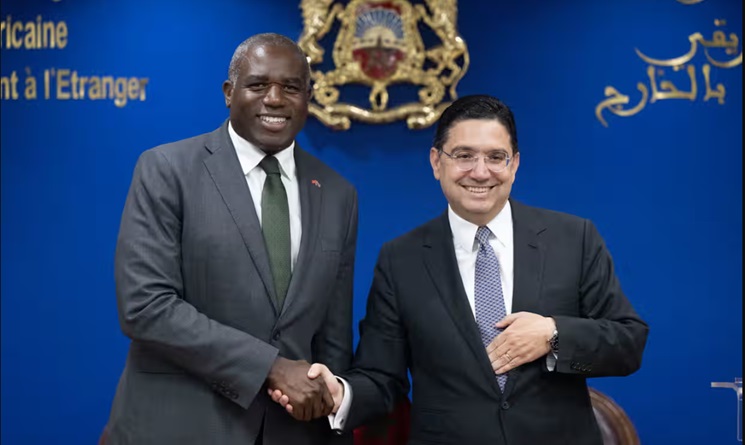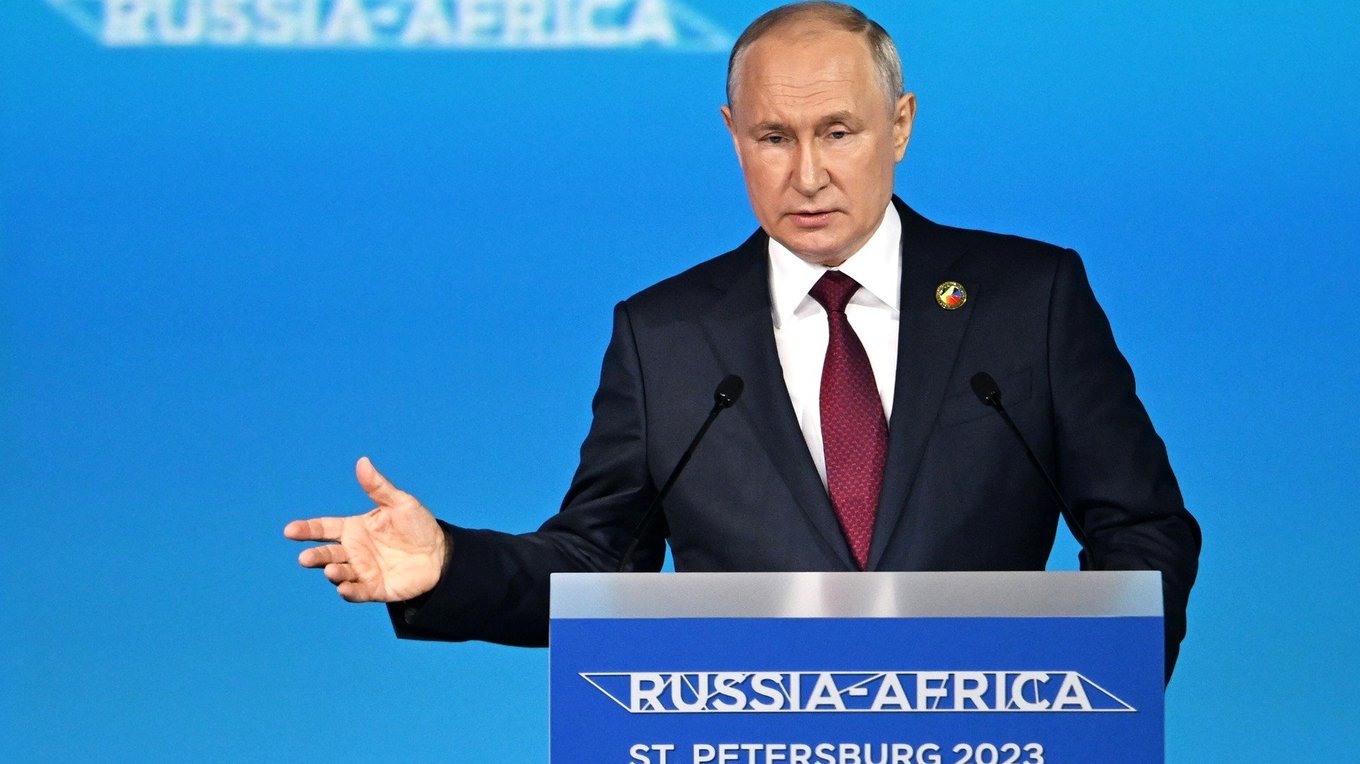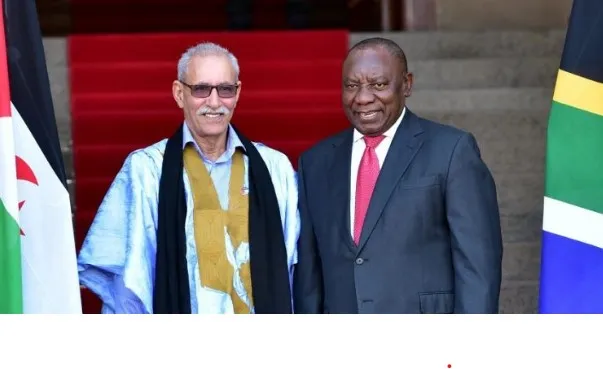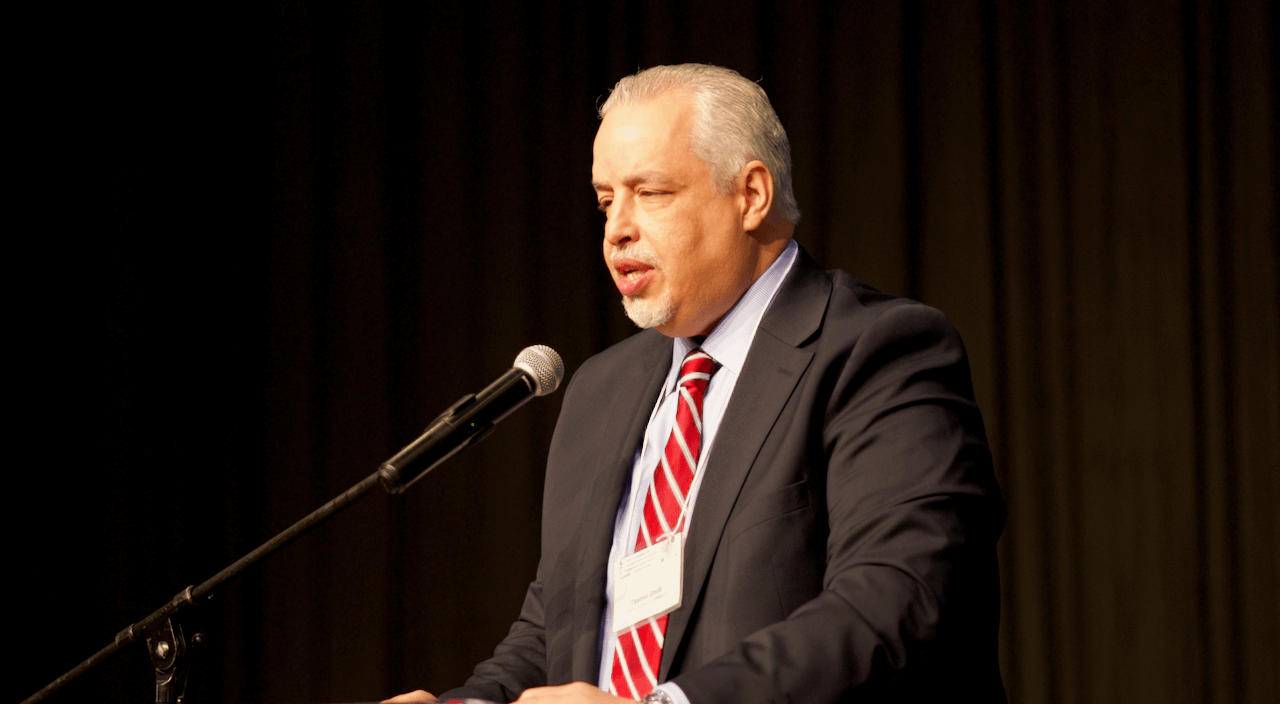
In a controversial shift that contravenes the most basic principles of international law and the United Nations Charter, the British Foreign Secretary, in a joint statement with his Moroccan counterpart, expressed the United Kingdom’s support for what was termed “Moroccan autonomy in Western Sahara,” describing it as “most credible, viable and pragmatic” solution to the conflict.
This statement did not pass unnoticed; it was met with wide rejection and condemnation, not only from the Sahrawi Republic and the Polisario Front but also from a number of British and non-British politicians and experts on the Western Sahara issue. They viewed it as a dangerous departure from the UK’s traditional stance and as unjustified support for an occupying power in an international dispute classified by the United Nations as a decolonization case.
This shift in Britain’s position, despite the assumption that London does not recognize Moroccan sovereignty over Western Sahara, reflects a stark contradiction between word and deed. It raises serious questions about the United Kingdom’s commitment, as a permanent member of the UN Security Council, to international law and its moral responsibilities toward peoples still struggling for their right to self-determination.

Although Britain has repeatedly affirmed the importance of a “rules-based international order” and expressed principled support for the right to self-determination, its explicit endorsement of Morocco’s so-called “autonomy proposal” reveals a troubling double standard. How can the UK, purportedly a defender of international law, view a unilateral initiative by an occupying power that unlawfully exploits land and resources as a “realistic” solution to a decolonization issue that the UN has overseen since 1963?
The Moroccan proposal is nothing more than a political maneuver designed to circumvent international legality and entrench the occupation through deceptive language like “realism” and “viability.” In reality, Morocco continues, through military force, systematic human rights violations, and the backing of neo-colonial powers and functional actors deeply accomplice in fueling global crises, to impose a fait accompli on a defenseless people deprived of their most basic civil and political rights.
All international and regional courts, including the UK High Court (2019), as well as all UN bodies, do not recognize any Moroccan sovereignty over Western Sahara. Indeed, the International Court of Justice, in its 1975 advisory opinion, concluded that there were no sovereign ties between Morocco and Western Sahara. Likewise, rulings from the European Court of Justice, most recently in 2024, affirmed that any economic agreements involving Western Sahara without the consent of the Sahrawi people, represented by the Polisario Front, are legally void. The African Court on Human and Peoples’ Rights reached an even stronger conclusion in its 2022 ruling.
Given this clear legal and political context, how can the United Kingdom, a nation historically known for cautious positions on international disputes, ignore these facts and extend implicit support to a state occupying territory over which it holds no legitimate sovereignty?
For all these reasons, the Polisario Front and the entire Sahrawi community reject the Moroccan autonomy proposal as a colonial ploy intended solely to bestow a false legitimacy on an illegal military occupation. The proposal does not grant the Sahrawi people their inalienable right to self-determination; rather, it presumes Moroccan sovereignty over the territory in advance and denies the Sahrawis the very possibility of choosing independence.
Moreover, the UK-Morocco joint statement’s exclusive focus on the Moroccan proposal, without reference to the Polisario Front’s proposal submitted in 2007 and included in the same paragraph in all Security Council’s resolutions since then, undermines the principle of neutrality and exposes a politically motivated bias. Such a position does not serve the cause of peace; on the contrary, it deepens the stalemate and emboldens Morocco to persist in its intransigence and delay tactics.
The truth is that the United Kingdom, as a permanent member of the Security Council, bears an even greater responsibility to uphold international law and UN resolutions—whether concerning Western Sahara or other global issues. By implicitly endorsing Morocco’s proposal, Britain is abdicating that responsibility, providing diplomatic cover for illegal occupation, and severely damaging its credibility, at least in the eyes of the Sahrawi people and those who understand the complexities of the conflict. More dangerously still, such support encourages Morocco to continue obstructing the long-agreed-upon referendum, which all parties accepted in 1991.
Genuine peace in North Africa cannot be founded on rewarding military expansionism and illegal brutal occupation. It must be based on respect for peoples’ right to freely and honorably determine their own destiny. Prioritizing perceived economic interests or regional alliances over legal principles only serves to undermine the entire international order and weaken the credibility of global institutions.
In light of these developments, Britain must be called upon to reassess its position and realign itself with international legitimacy, not with brutal and arrogant occupation. Supporting the Sahrawi people in their struggle for freedom is not merely a political stance, it is a true test of the values Britain has long prided itself on: justice, human rights, and respect for peoples.
In conclusion, it must be acknowledged that Moroccan occupation has lost what little political autonomy it once pretended to have. It is now increasingly directed from outside Rabat, at times from Tel Aviv, at other from some well-known Gulf states or France, all of whom are actively sowing discord and fueling regional hostility to serve the agenda of a new colonial order. This agenda is now manifest in Abu Dhabi’s preparations to host a new conference bringing together states that the emerging colonial alliance has managed to sway, with the aim of re-imposing colonial realities in the region and in Africa, starting with Western Sahara.
Does this not echo the infamous Berlin Conference of 1884, which partitioned the African continent and its peoples?
It is time for Western nations, especially Britain, to abandon double standards and take a clear stand in favor of justice and international legality in Africa’s last remaining decolonization case. It is also time for resisting peoples to recognize their adversaries and prepare for a decisive confrontation between the power of law and principle and the force of aggression and dispossession.
* Malainin Lakhal is a Sahrawi Diplomat and writer.









